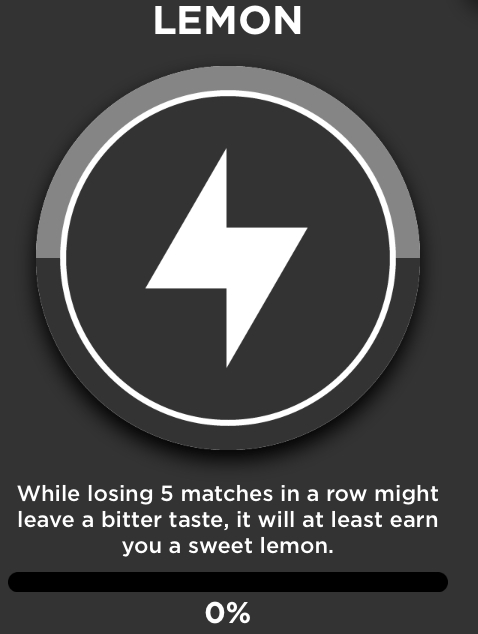With a little imagination, students will be able to identify organisms from the delectable dishes that exist in the Game of Thrones ecosystem. Add a little research to the equation, and students could easily identify a sufficient number of organisms for their food web. For example:
- Flea Bottom Bowl of Brown (fleas)
- Venison stew with barley, onion, and carrot with bread (deer, barley, onions, carrots, wheat)
- Fruits and sweetgrass stews (lots of sweetgrass recipes....hmmmm a primary producer maybe?)
- Meat skewers with onions, fire peppers, and mushrooms with trenchers and beer (Finally a decomposer... and how pray tell is beer made?)
- Dothraki blood pies (now things are getting interesting and complicated)
You get the idea. But what about the top predators? Should we include the hierarchy of human groups in our food web? One students posted this comment on our class Facebook group when I posed the idea to them:
Producers: Starks
Primary Consumers: Lannisters
With a little more digging, I came across this site. A compilation of the strange animals that can be found in Game of Thrones. Enter dragons, direwolves, manticores, and shadow cats. Where do the white walkers fit in?
So you see, constructing this ecosystem will require a sizable helping of critical thinking, problem solving, creativity and research skills. Sadly, by the time I fleshed this idea out (that was for you Carsten), I had run out of time to troubleshoot and create a food web of my own, so had to find something quick for class the next morning. Luckily I came upon a similar ready-made food web activity using imaginary animals created by Michael Rockow. With a little tweaking, it was ready to go. I will share my IB adaptation of this activity on the Biology Lessons page. However, next year, it is game on for Game of Thrones!
For those of you interested in pursuing this on your own, there were also lists on this site for Hunger Games. I wonder what tracker jackers and jabberjays feast on when they aren't busy torturing and spying on contestants? Next year I plan to offer several options, so students that are not so keen on Game of Thrones will be able to find their learning niche. There is even potential for gamifying this project. Hmmmm... more on that later!











